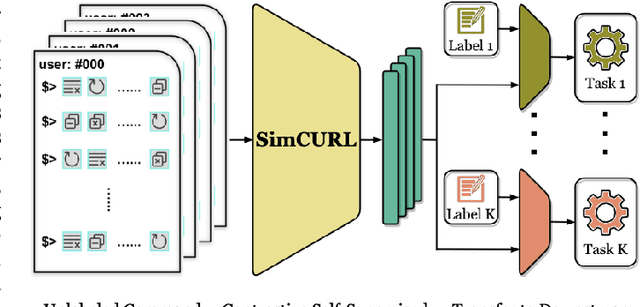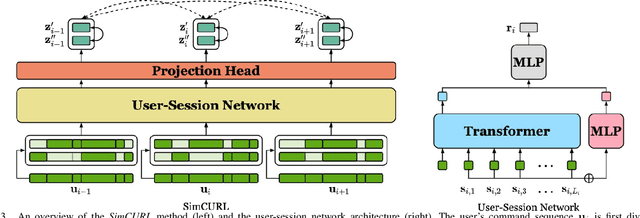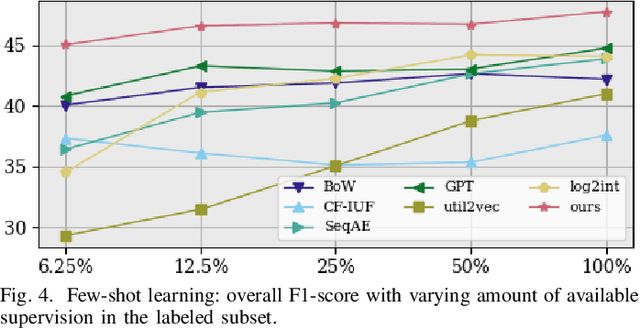Justin Matejka
mrCAD: Multimodal Refinement of Computer-aided Designs
Apr 28, 2025



Abstract:A key feature of human collaboration is the ability to iteratively refine the concepts we have communicated. In contrast, while generative AI excels at the \textit{generation} of content, it often struggles to make specific language-guided \textit{modifications} of its prior outputs. To bridge the gap between how humans and machines perform edits, we present mrCAD, a dataset of multimodal instructions in a communication game. In each game, players created computer aided designs (CADs) and refined them over several rounds to match specific target designs. Only one player, the Designer, could see the target, and they must instruct the other player, the Maker, using text, drawing, or a combination of modalities. mrCAD consists of 6,082 communication games, 15,163 instruction-execution rounds, played between 1,092 pairs of human players. We analyze the dataset and find that generation and refinement instructions differ in their composition of drawing and text. Using the mrCAD task as a benchmark, we find that state-of-the-art VLMs are better at following generation instructions than refinement instructions. These results lay a foundation for analyzing and modeling a multimodal language of refinement that is not represented in previous datasets.
FeedQUAC: Quick Unobtrusive AI-Generated Commentary
Apr 23, 2025



Abstract:Design thrives on feedback. However, gathering constant feedback throughout the design process can be labor-intensive and disruptive. We explore how AI can bridge this gap by providing effortless, ambient feedback. We introduce FeedQUAC, a design companion that delivers real-time AI-generated commentary from a variety of perspectives through different personas. A design probe study with eight participants highlights how designers can leverage quick yet ambient AI feedback to enhance their creative workflows. Participants highlight benefits such as convenience, playfulness, confidence boost, and inspiration from this lightweight feedback agent, while suggesting additional features, like chat interaction and context curation. We discuss the role of AI feedback, its strengths and limitations, and how to integrate it into existing design workflows while balancing user involvement. Our findings also suggest that ambient interaction is a valuable consideration for both the design and evaluation of future creativity support systems.
SimCURL: Simple Contrastive User Representation Learning from Command Sequences
Jul 29, 2022



Abstract:User modeling is crucial to understanding user behavior and essential for improving user experience and personalized recommendations. When users interact with software, vast amounts of command sequences are generated through logging and analytics systems. These command sequences contain clues to the users' goals and intents. However, these data modalities are highly unstructured and unlabeled, making it difficult for standard predictive systems to learn from. We propose SimCURL, a simple yet effective contrastive self-supervised deep learning framework that learns user representation from unlabeled command sequences. Our method introduces a user-session network architecture, as well as session dropout as a novel way of data augmentation. We train and evaluate our method on a real-world command sequence dataset of more than half a billion commands. Our method shows significant improvement over existing methods when the learned representation is transferred to downstream tasks such as experience and expertise classification.
 Add to Chrome
Add to Chrome Add to Firefox
Add to Firefox Add to Edge
Add to Edge